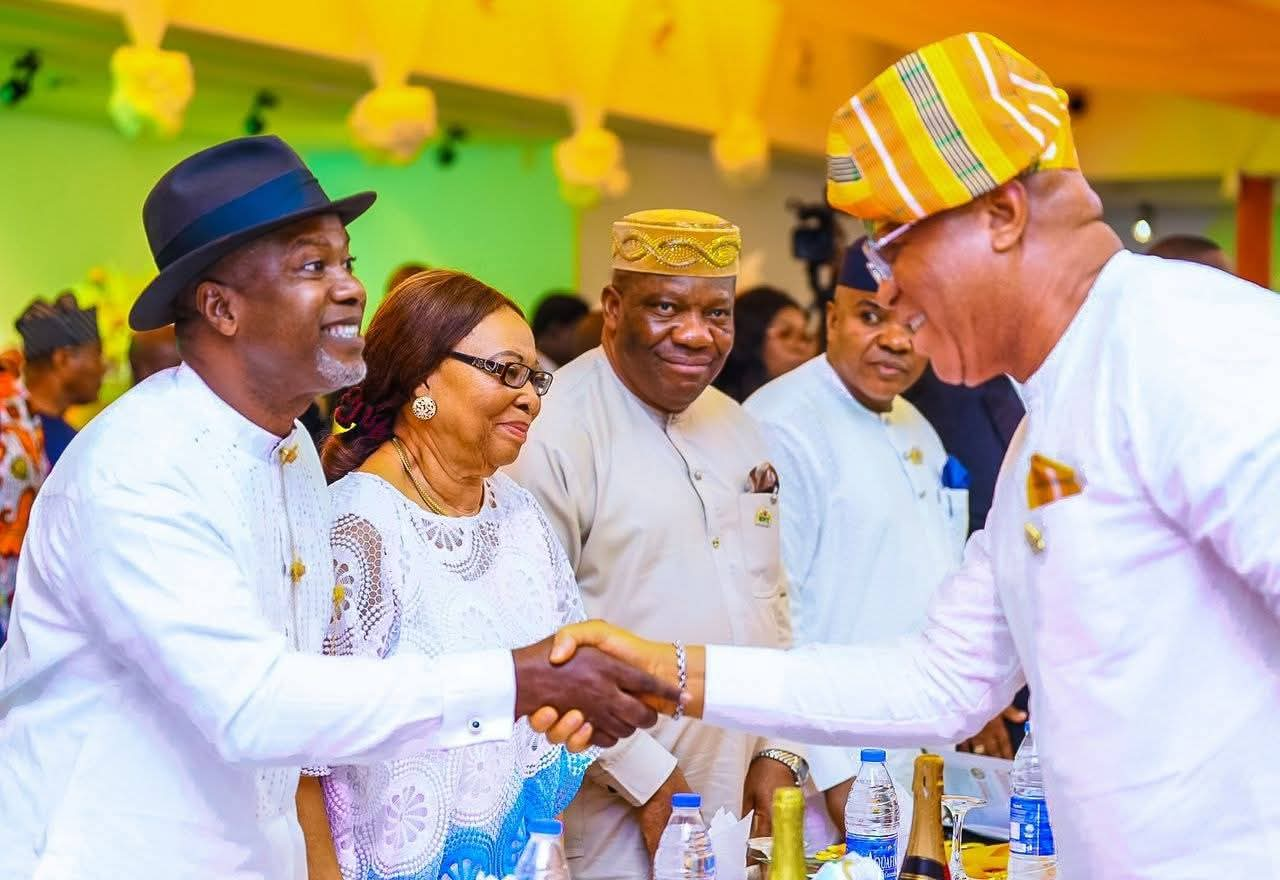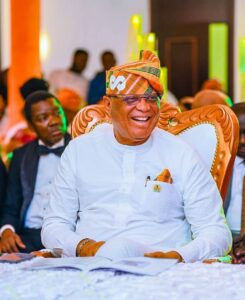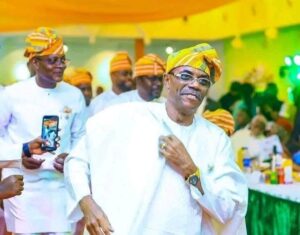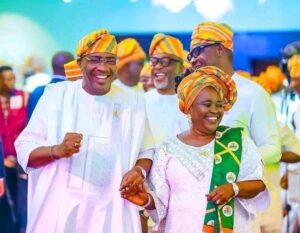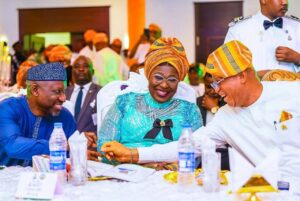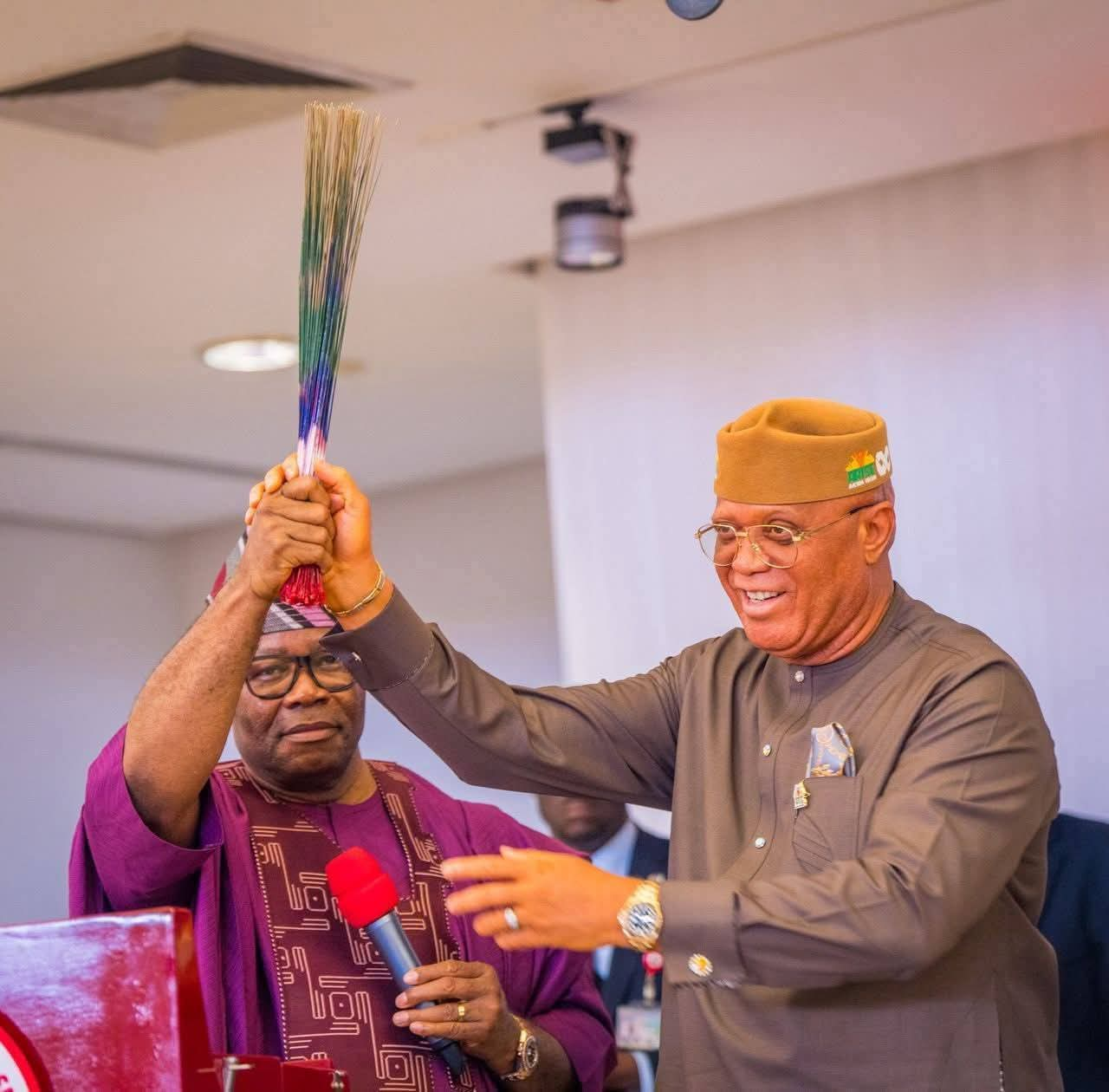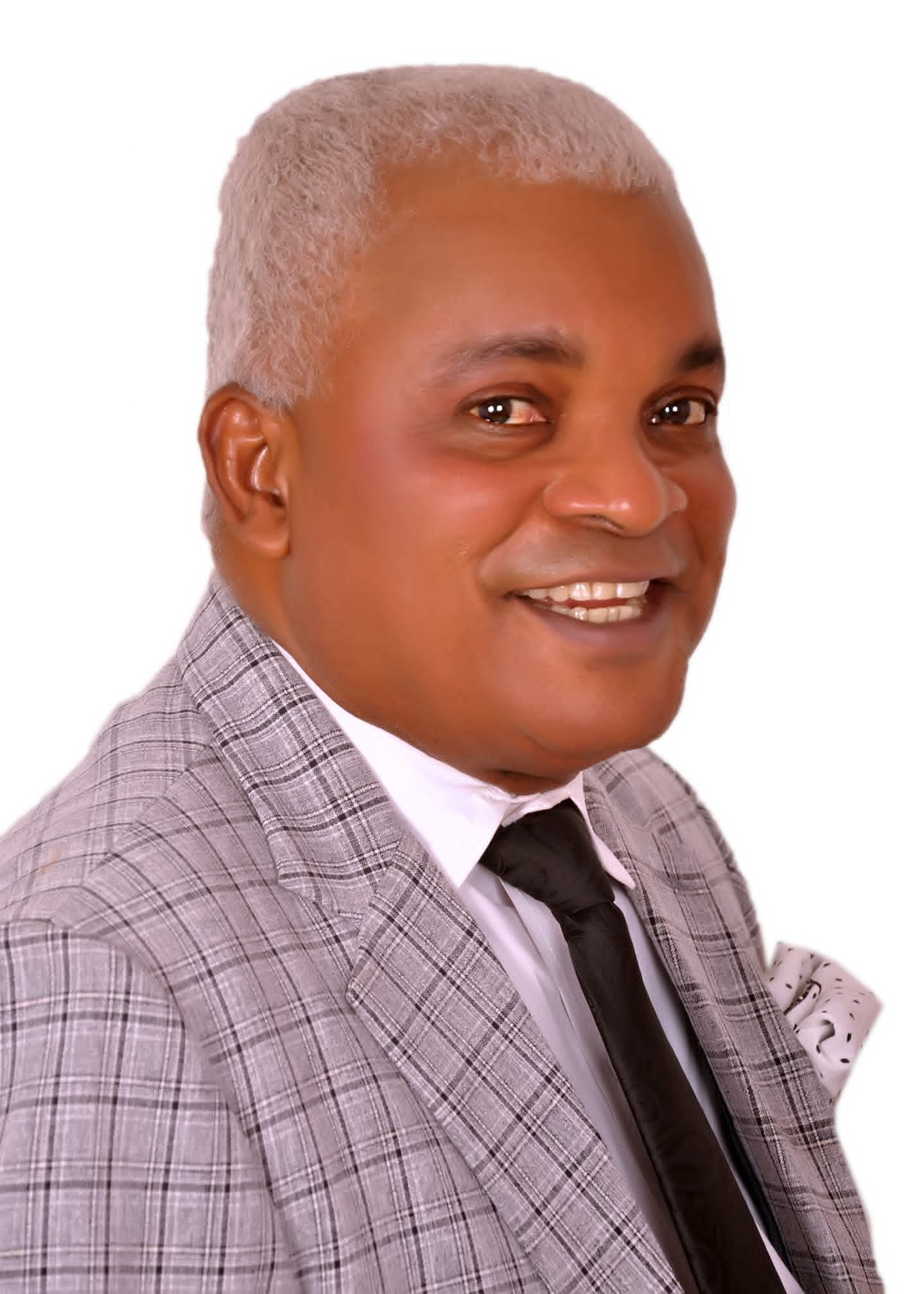By Destiny Young
The recent banquet held at the Akwa Ibom State Government House to celebrate the state’s 38th anniversary sparked widespread discussion due to the attire chosen by the Governor and his Executive Council. At this event, which was meant to honour Akwa Ibom’s rich heritage, the leaders opted for Yoruba native caps, which deviated from Akwa Ibom’s traditional dress. The decision drew sharp criticism from some quarters on social media, with arguments focusing on the expectation that such a significant occasion should prominently reflect the cultural identity of Akwa Ibom.
Upon closer consideration, however, this critique appears to miss a broader political and social context that is crucial to understanding the Governor’s choice. In Nigeria’s complex political landscape, cultural expression at public events often carries layered meanings, including political signalling and national unity.
Nigeria is a nation rich in ethnic diversity, where political leaders frequently use cultural symbols strategically, not only to foster unity but also to express political alliances. Governor Umo Eno’s choice to wear Yoruba native caps at an event celebrating Akwa Ibom’s founding can be seen as a gesture of solidarity with President Bola Ahmed Tinubu, who is Yoruba and currently spearheading political momentum towards his 2027 re-election bid.
In Nigeria’s political environment, where regional and ethnic identities often influence voting patterns and political loyalties, such symbolic acts serve to communicate clear political messages. Governor Umo Eno has publicly expressed his support for the current President, and by donning Yoruba caps, he was publicly reinforcing his commitment to that alliance. It is a strategic move to show the President that Akwa Ibom State stands firmly behind his candidature, fostering political camaraderie that could benefit the state’s interests.
This type of political symbolism is not unique to Akwa Ibom. For example, in other Nigerian states, governors frequently use culturally symbolic attire from other ethnic groups during national or party-related events. When Lagos State officials dress in Northern Nigerian traditional wear during a national unity event, it signals a deliberate effort to promote inter-ethnic harmony and political alliance beyond local identity.
Similarly, previous celebrations at the national level often see governors wear attire from regions other than their own to demonstrate solidarity, unity, or political alignment. These acts, while sometimes controversial, reflect the pragmatic approach politicians adopt in pursuing broader political objectives within Nigeria’s multipolar ethnic and political framework.
Another example is the use of the Hausa cap or Igbo traditional wear by politicians outside their ethnic majority areas, particularly on campaign trails. This not only appeals to the sentiments of these groups but also conveys inclusivity and political recognition. This practice enhances political goodwill and reflects Nigeria’s evolving political landscape where ethnic identity is not the sole determinant of culture and politics.
Critics argue that the 38th-anniversary celebration was a moment to showcase and reaffirm Akwa Ibom’s cultural heritage. It is true that such state celebrations traditionally highlight indigenous customs, dress, music, and language to remind citizens of their roots. Nonetheless, it is important to remember that public events are rarely devoid of political messaging, especially in a country navigating complex alliances and upcoming elections.
The view that the focus on cultural attire might be misplaced does not imply an abandonment of Akwa Ibom’s culture but rather acknowledges that culture and politics intersect fluidly. Governor Umo Eno’s decision to wear Yoruba caps does not diminish Akwa Ibom’s cultural identity; rather, it symbolises a broader Nigerian political reality where state leaders engage in visible acts of support to national figures, which may sometimes transcend ethnic borders.
The criticism directed at Governor Umo Eno and his Executive Council for wearing Yoruba caps at Akwa Ibom’s anniversary dinner reflects a narrow focus on cultural symbolism without full appreciation of Nigeria’s political intricacies. Political support and cultural representation are not mutually exclusive; rather, they coexist and interact in the public sphere. The Governor’s attire choice should be understood as a calculated political message of support for the President’s re-election campaign. Such actions are part of a broader trend among Nigerian politicians using cultural symbols to build alliances and demonstrate unity in an ethnically diverse nation. It is important, therefore, to allow space for both cultural pride and political expression to thrive in harmony.
#AriseRenewedHopeMedia|September

